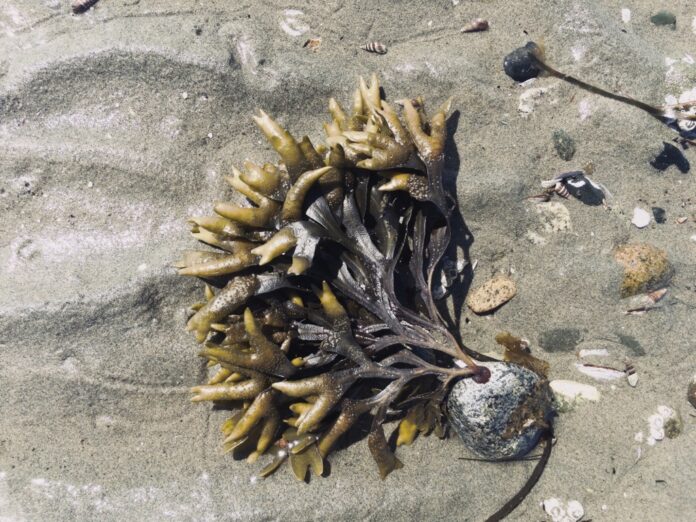An ocean heatwave has now arrived on BC’s coast, raising sea water temperatures by 3 to 4 degrees.
Researcher Brian Timmer, a PhD student at the University of Victoria, says higher water temperatures are a cause for concern because of the potential impact on an important part of the west coast marine environment – kelp forests – which are home to many creatures.
“It’s only the middle of August now, it could keep warming, and as these things seem to move into inlets and inland seas like the Salish Sea, for example, you can actually have an exacerbation of those anomalies.”
Timmer says that means the current ocean temperature anomaly of 3 to 4 degrees off of our coast could be considerably higher in bays and inlets, and in the Salish Sea.
He warns that kelp forests begin to die off when water becomes too warm, and it’s impossible to know how long the higher than normal temperatures will remain.
Timmer has returned to Victoria from doing field work in the Comox area where researchers are studying the changes that have taken place during the last half-century.
“It’s a highly collaborative project with all sorts of partners,” says Timmer, “from the Kelp Rescue Initiative and the Bamfield Marine Sciences Centre, and National Geographic, and all of these groups have come together, and what we’re doing is we’re looking at basically how things have changed in the near shore environment there over the last 50-years.”
Timmer says there is plenty of historical data going back five decades that allows them to compare the present environment to that of the past.
He says there’s been a loss of kelp forests in the Salish Sea, and they are examining the impact of that on other species of seaweed and the marine creatures that depend on kelp.
Timmer adds that higher ocean temperatures could negatively affect the local shellfish industry.
He says it’s a huge business in the Deep Bay area, and “warming temperatures can lead to outbreaks, vibrio for example, it’s a virus that shellfish can get,” as well as heat stress and ocean acidification that make it harder for shellfish to survive.
Timmer says temperature anomalies develop as a result of “continuous normal than warmer weather, and you get these large layers of heat building up in the marine environment,” with this one beginning in the Pacific Ocean back in May and slowly moving toward the coast.
He also says it’s just the beginning of what is expected to be a “super El Nino” in the Pacific Ocean, which is taking us into “uncharted territory,” so its important to monitor what happens.






